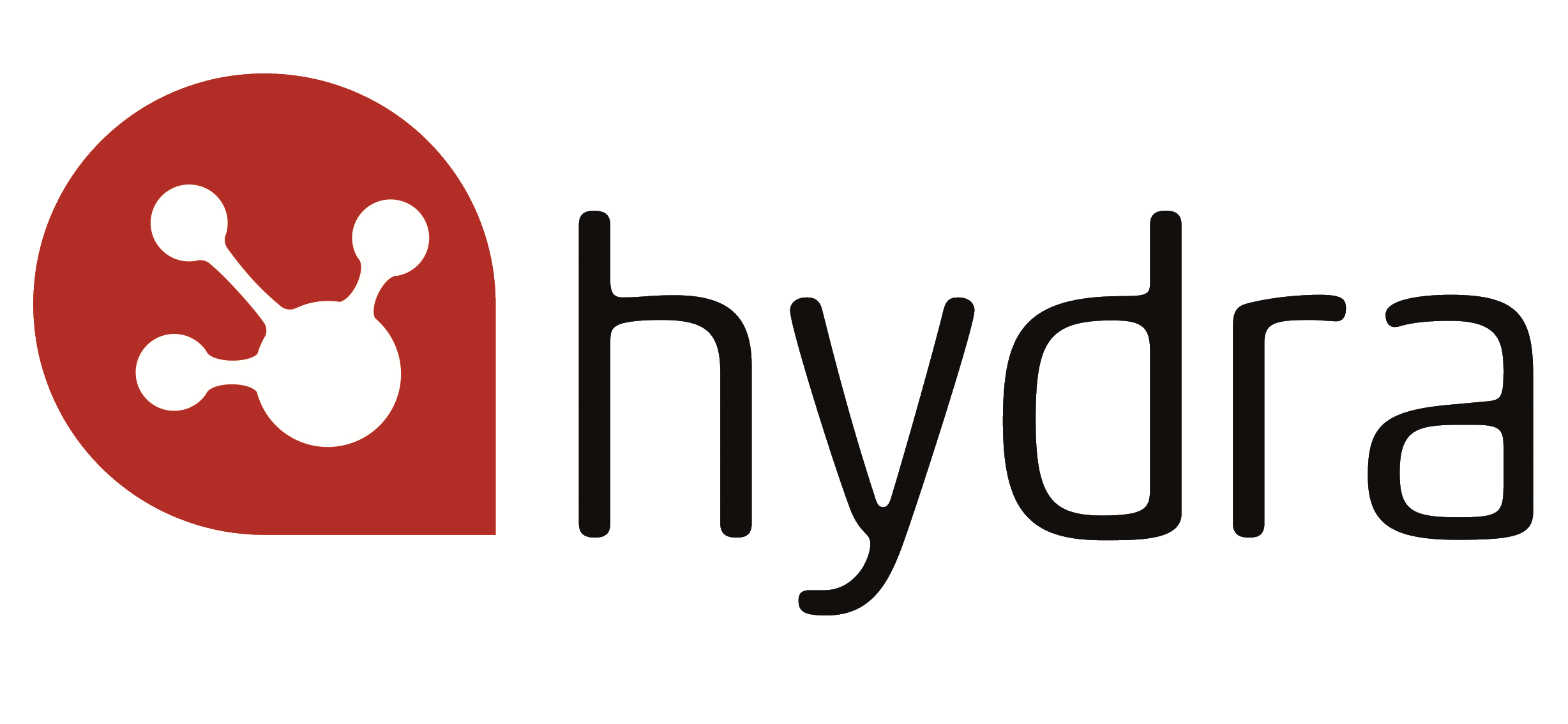5 tips on managing difficult people in your projects
Sometimes the most difficult part of a project to manage is the people. In our article best practice for managing your people we look at some of the common challenges and how to overcome them. But what about those people that you don't automatically gel with or you have difficulty communicating effectively with? How can you improve those relationships?
Great teams are a mix of different roles and personalities. While we would all love to have teams made up of only hard working, conscientious, trustworthy and reliable members, that is rarely the case. A project team will be comprised of a mix of personalities and team roles as you need this mix of personality types and roles to make a well-rounded team.
Even if the team is a well-balanced mix of personalities and roles, at some point you will encounter difficult individuals in your project teams. Your ability to manage these personalities will have a direct impact on the success of your project. A ‘difficult’ person in the context of a project can be defined as someone who:
- Is hard to work with or manage;
- Does not work as part of a team;
- Is a disruptive or disturbing element to others;
- Regularly misses deadlines;
- Does not communicate effectively.
So, how should you deal with this type of worker to ensure they contribute to the success of your project?
1. Always pause to think
When a difficult situation threatens to derail your project, it is important to stop and think carefully before you react in anger. At this point you are at a crossroads, and what you say and how you say it could improve the situation, or make matters a whole lot worse. Taking time to collect your thoughts before you reply to an email or asking for a second opinion before you make a call, will help you focus on the bigger picture and think about what’s best for the business and what a positive outcome might be.
2. Perhaps you're being difficult?
When something goes wrong, the temptation is always to shift the blame onto someone else, but it’s important to consider where your responsibility lies in all of this. When dealing with someone you perceive as being difficult, you should first examine your own behaviour and determine if you are part of the problem. Rather than altering the behaviour of others, it could be you that needs to change. If in doubt stick to the facts rather than letting opinions or personality clashes cloud your judgement.
3. Listen
Being a willing and able listener is one of the most important attributes a project manager can have. Listening, and making sure the other person knows you are listening, is the first part in breaking those walls down. Making decisions or judgements before you have had the chance to hear a project worker’s point of view will only make matters worse. Using soft skills can be extremely helpful in this situation.
Busy projects managers often fail to take the time to listen or really try to understand the message being communicated. However, listening deeply is not only a skill that helps project managers build trust with others, but also detect un-anticipated risks and identify solutions to problems. Key listening skills include:
- Being patient and not interrupting others before they have finished;
- Thinking about what has been said before responding;
- Avoiding making assumptions or jumping to conclusions;
- Asking the right questions to enrich the discussion;
- Being aware of what is not being communicated and why.
4. Discuss issues in private
An important part of the process is to be straight and candid with your project team and explain exactly what you perceive the problem to be. This conversation should always be initiated in private. You should avoid any vagueness by citing specific examples and basing the discussion on facts. Always double check the team member understands exactly what you mean. You should also make your expectations clear to the team member so there is no confusion about the improvement you expect to see.
5. Consider the options
When dealing with a difficult person, there will always be several different options you can take. Before making any decisions about the best way to proceed, you should think carefully about which option is in the best interests of the project. Give and take is not always possible. As hard as it may be, sometimes you need to reach out and take that first step for the good of the project. Doing so not only demonstrates your professional integrity, but also shows that the project’s success is more important than any personal battles.
Successful projects are borne out of great teams. It is not always easy to get the right mix of resources, skills, team roles. With Hydra Cloud you get true visibility of all your resources and skills and it allows you to keep a close eye on all your resources, avoiding over-and under-utilisation and ensuring the required skills are always matching the right tasks.
By effectively managing your team they will be free to focus on making important decisions and delivering successful projects on time and in budget.
One last thing...
If you enjoyed this article and would like to be kept up to date, Hydra publish a quarterly Digital Watercooler of news and blogs about the changing landscape of project management and service delivery, and we'd love to share it with you.


